Best Time for Fire Damage Restoration
Fire restorations are most effectively performed during specific times of the year when environmental conditions favor thorough cleanup and repair. The optimal period varies based on climate, humidity, and temperature, which influence drying times and the effectiveness of restoration processes. Typically, late spring to early fall offers favorable conditions for fire damage restoration in Annapolis, MD.
Warmer temperatures and lower humidity levels facilitate quicker drying and restoration work, reducing the risk of mold development.
Cold and damp conditions in winter can prolong drying times and complicate restoration efforts, making it less ideal for major repairs.
Dry weather reduces the risk of additional water damage and allows for safer, more efficient restoration activities.
Lower humidity levels help prevent mold growth and ensure that cleaning and repairs are more effective.
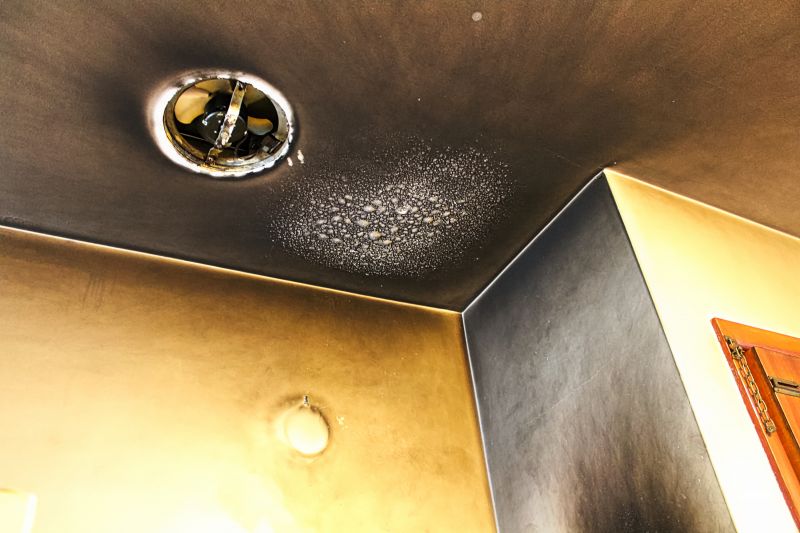
Professional restoration involves removing soot, smoke, and damaged materials efficiently.
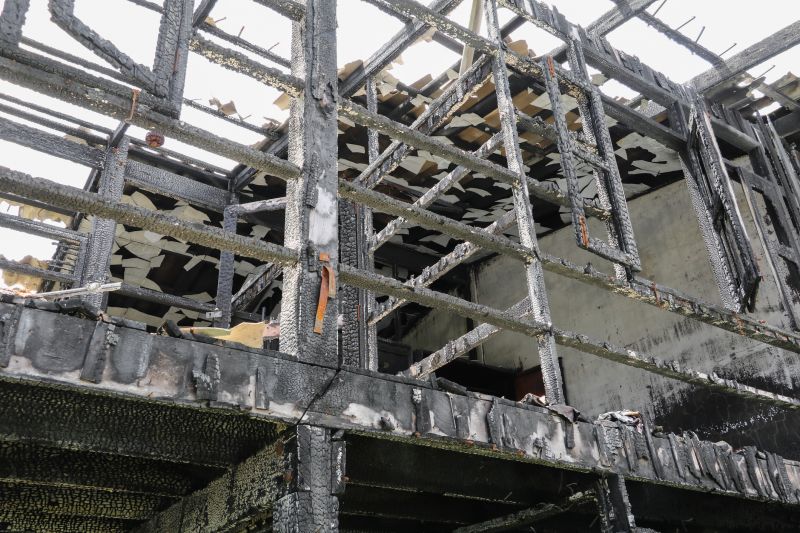
Restoring structural integrity is critical after fire damage, requiring specialized techniques.
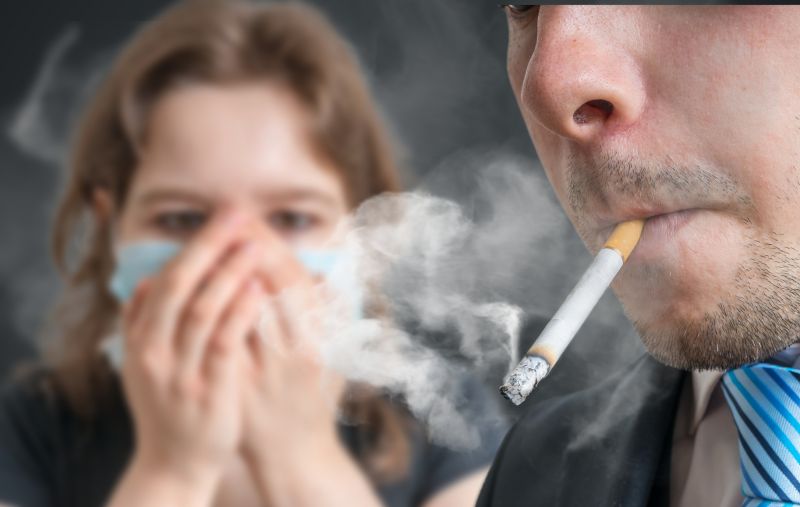
Eliminating persistent smoke odors is a key part of fire restoration.

Ways to make Fire Restorations work in tight or awkward layouts.
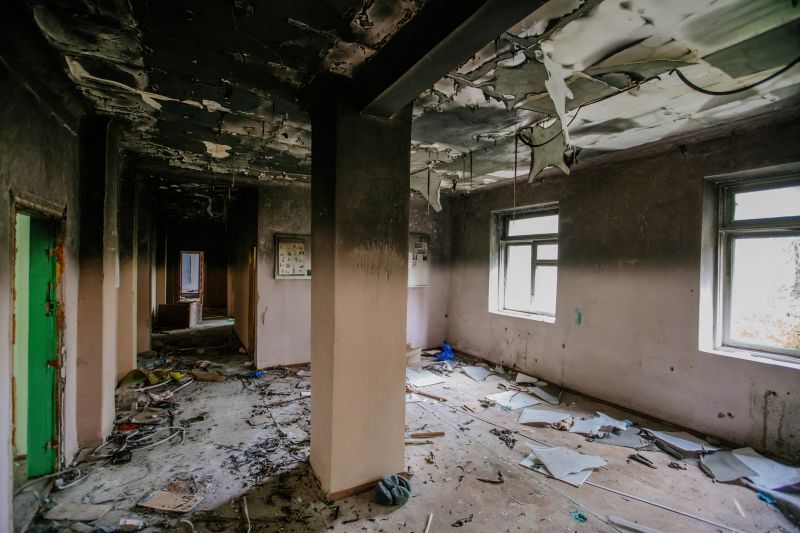
Popular materials for Fire Restorations and why they hold up over time.
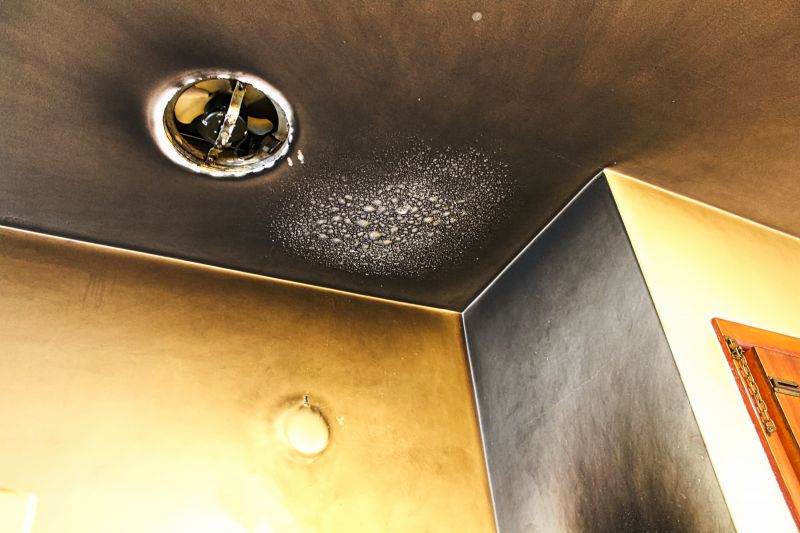
Simple add-ons that improve Fire Restorations without blowing the budget.
| Season | Ideal Conditions |
|---|---|
| Spring | Moderate temperatures and lower humidity |
| Summer | Warm, dry weather with minimal rain |
| Fall | Favorable weather for drying and repairs |
| Winter | Cold, damp conditions that may delay restoration |
Fire restorations involve comprehensive processes to address damage caused by fire, smoke, and water used during firefighting efforts. These procedures include soot and smoke removal, structural repairs, odor elimination, and cleaning of affected areas. Proper timing ensures these activities are completed efficiently, minimizing secondary damage and mold growth.
Statistics indicate that conducting fire restorations during optimal weather conditions can reduce recovery times by up to 30%. Effective planning and seasonal timing are essential for restoring property safety and integrity, especially in regions like Annapolis, MD, where humidity and temperature fluctuate significantly.
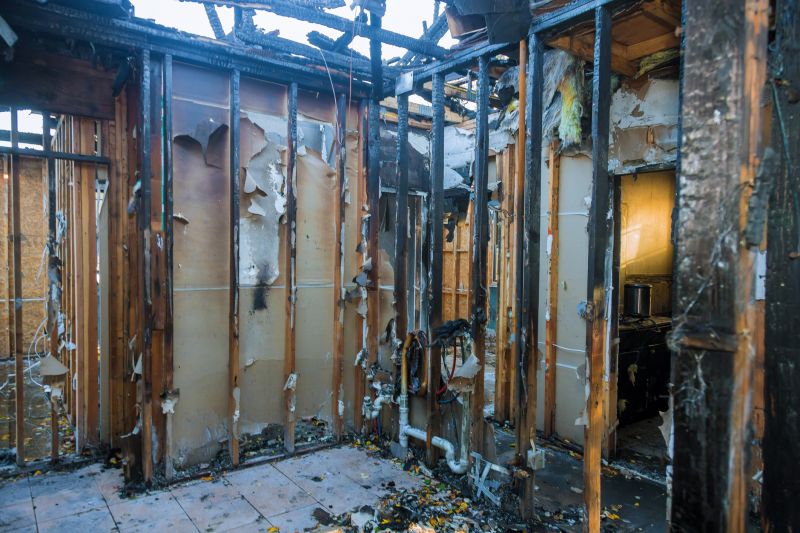
Initial evaluation determines the scope and necessary repairs.
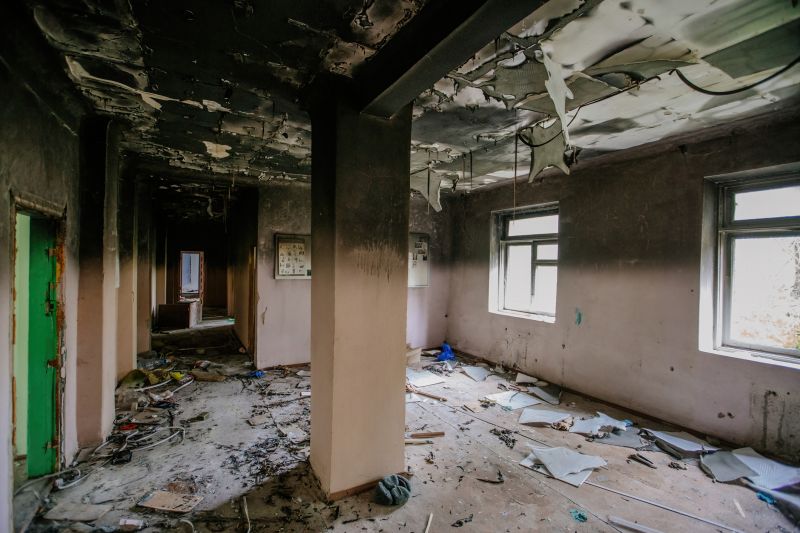
Specialized techniques eliminate lingering smoke smells.
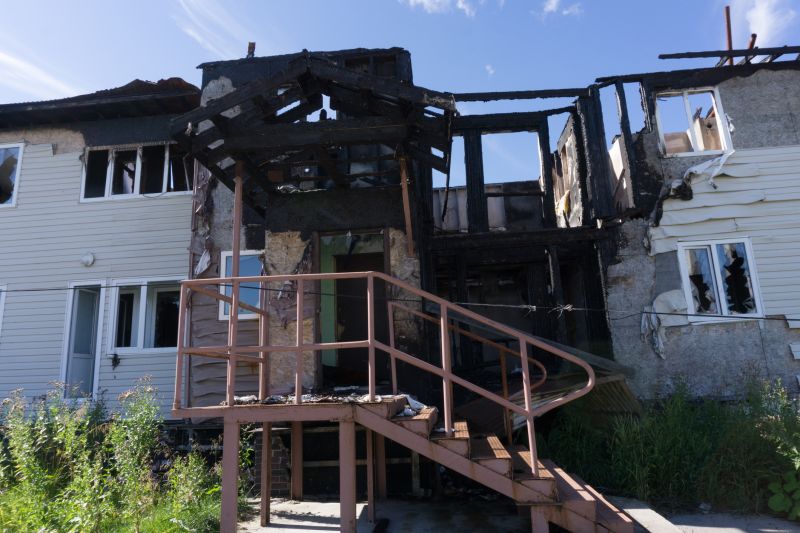
Rebuilding and reinforcing damaged structures.
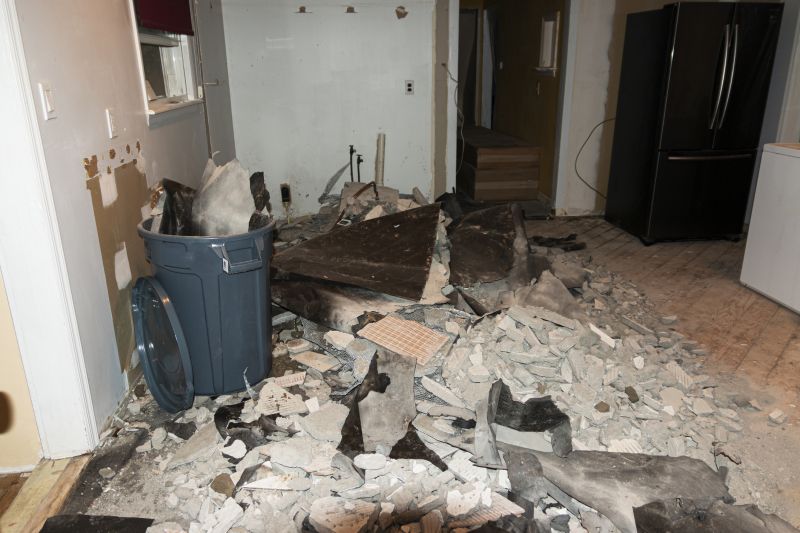
Thorough cleaning of affected areas to restore safety.
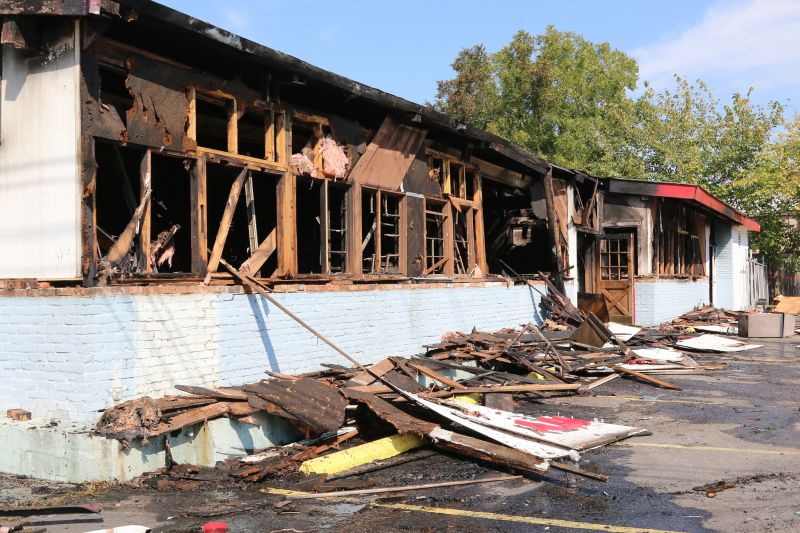
High-end options that actually feel worth it for Fire Restorations.
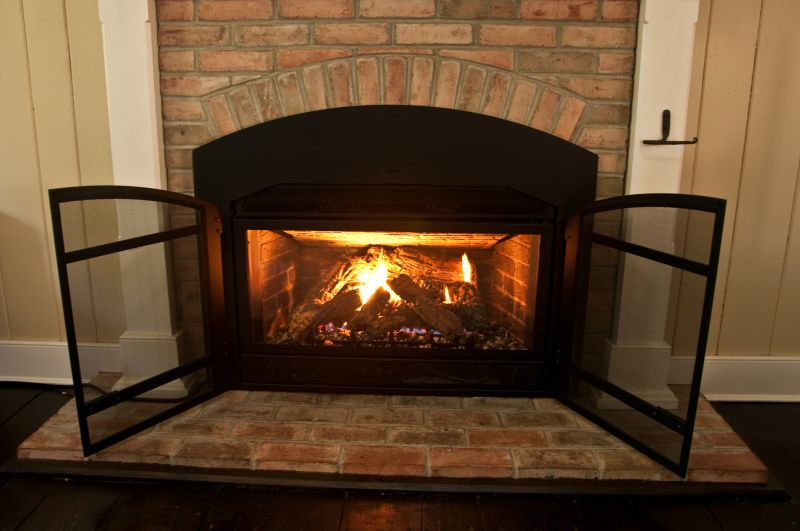
Finishes and colors that play nicely with Fire Restorations.

Little measurements that prevent headaches on Fire Restorations day.

A 60-second routine that keeps Fire Restorations looking new.
Interested property owners in Annapolis, MD, are encouraged to contact for more information about scheduling fire restoration services during the most suitable seasons. Proper timing and professional intervention are key to effective recovery from fire damage.

